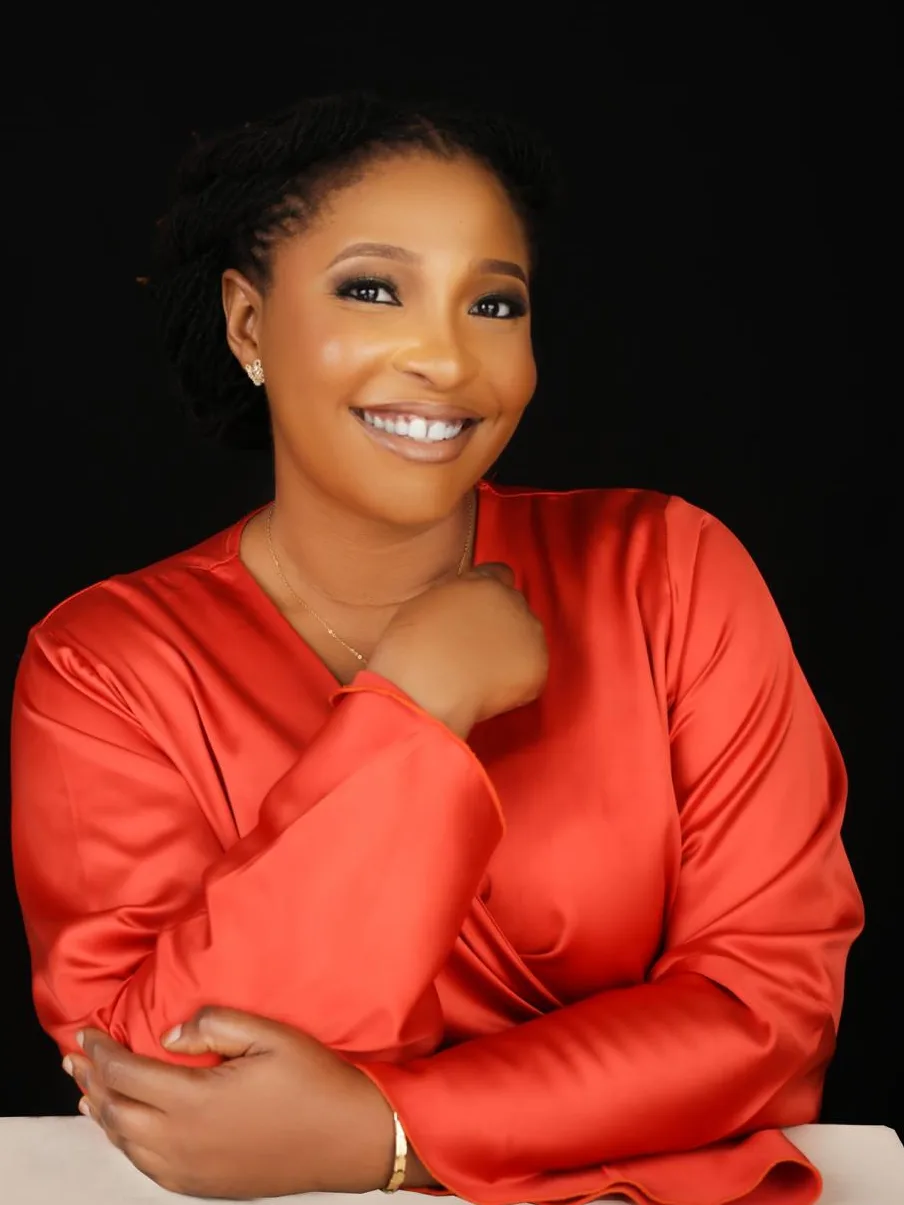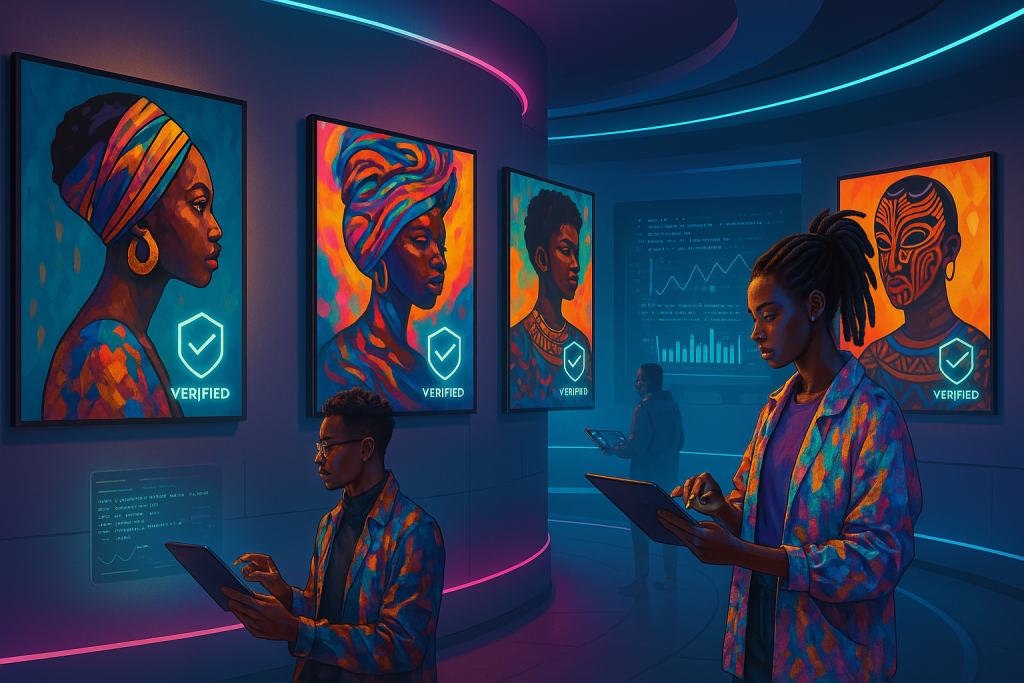Adaobi Oraijiaku is the founder of Atsur. Atsur has been created to leverage web3 technologies to ensure and build the preservation of artwork and its information in Nigeria and Africa. With this, the goal is to equip African art ecosystem with the capacity for higher levels of investment value.
A.S: Can you share what inspired the inception of Atsur and the importance of the focus on the African market?
A.O: As a blockchain engineer and art collector, I noticed a glaring gap in how African art was authenticated and protected. Atsur was born from a desire to bridge that gap and offer African artists better control and recognition.
A.S: What was that moment or experience that made you realise art authentication needs to become a reality in this way, that is, blockchain?

A.O: My technical background gave me a deep understanding of blockchain’s potential, particularly its power to secure records and build trust. I saw how underutilised it was in the African art space and how, if applied well, it could solve real structural problems in the industry.
A.S: For people unfamiliar with blockchain or AI, how would you explain the technology behind Atsur in simple terms?
A.O: Blockchain is like a permanent digital birth certificate for art. Once an artist or gallery uploads images and details, Atsur verifies legal ownership and issues a unique digital certificate stored on the blockchain, permanent and secure. It also supports automatic royalties and commissions for artists and contributors—no middlemen, just direct, lifelong payments for every sale, exhibition, or resale.
A.S: How does your AI verification process work in detecting fake art pieces?
A.O: We maintain a database of verified artworks. When a new piece is added, our AI checks for matches. If we find a duplicate, we notify all parties. Artists can also flag any uncredited or unauthorised pieces for review.

A.S: What are the steps taken by Atsur to ensure artists’ data is protected once uploaded onto this platform?
A.O: We follow strict General Data Protection Regulation (GDPR) standards. All documents and personal information shared during verification are confidential and used solely for compliance. Think of Atsur as a digital bank for art: secure, regulated, and protected by the same rigorous privacy policies.
A.S: What are the biggest misconceptions artists or collectors have about digital authentication?
A.O: Many artists, especially in Africa, don’t realise how important digital verification is for protecting their work, their story, and their long-term value. Without it, they’re more open to being taken advantage of. For collectors, the common misunderstanding is that digital certificates aren’t useful or valuable. But in truth, they prove that a piece is real, make it more attractive to buyers, and can even increase its resale value, especially now, when AI is making it easier to copy or fake artworks.
A.S: A partnership with Nigeria’s National Art Gallery is underway. What does it mean for cultural preservation?
A.O: It signals a major shift; Nigeria is ready to use new technology to protect and grow its art sector. Atsur is helping the government create smart policies that treat art as something valuable, like an asset. This partnership is a big step for the future of artists, galleries, and creativity in Nigeria and Africa.
A.S: How are you working with collectors or galleries who may still be sceptical of blockchain-based verification?
A.O: We focus on education and sensitisation. Through programmes like Artivism, we teach artists and collectors how this technology helps them. You don’t need to be tech-savvy; our platform does the hard work in the background. It makes it easy to confirm your art is real and to earn royalties automatically without any technical knowledge.
A.S: How do you envision Atsur evolving over the next 3–5 years beyond Nigeria and around Africa?
A.O: We envision a future where African art is bought and sold easily around the world and used to access loans or financial support. Artists will be able to make a steady income from their work while staying true to their creativity, without leaving Africa. Verified digital records will help them gain global respect and protect their legacy.
A.S: What advice would you give to African artists who want to protect their work and build long-term value in the digital age?
A.O: Take advantage of Atsur. Ask your gallery, curator, or agent to sign up. It turns your art into a valuable asset that continues to earn for you, protects your rights, proves you’re the creator, and helps your work stand out in the digital world.
For more information about Atsur, visit their website at atsur.art, or their instagram, @atsur.art.


